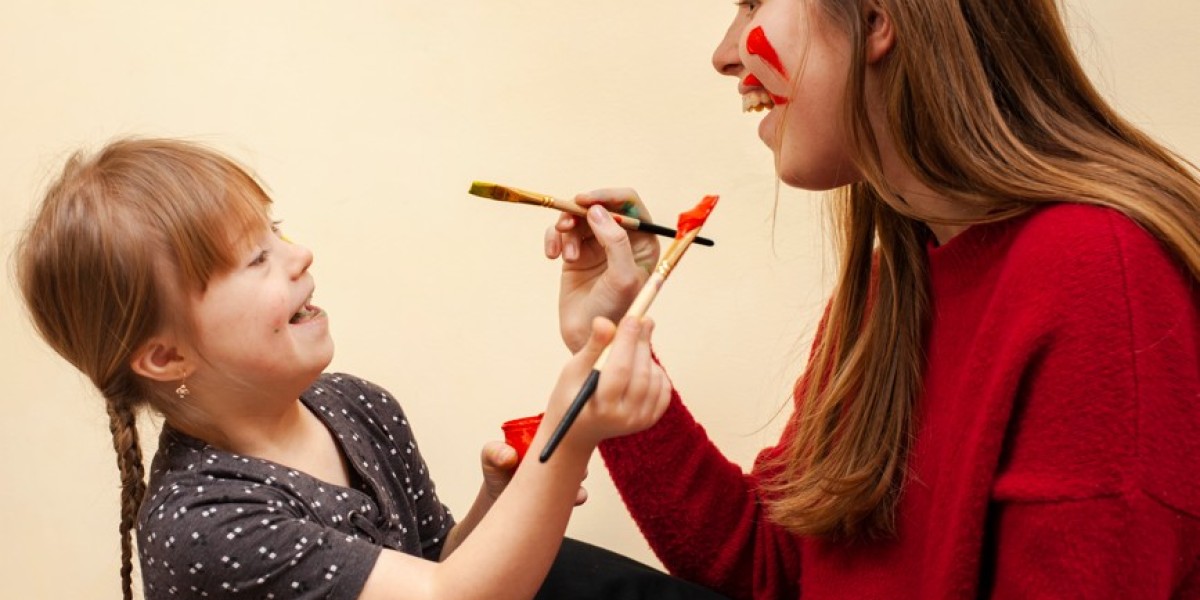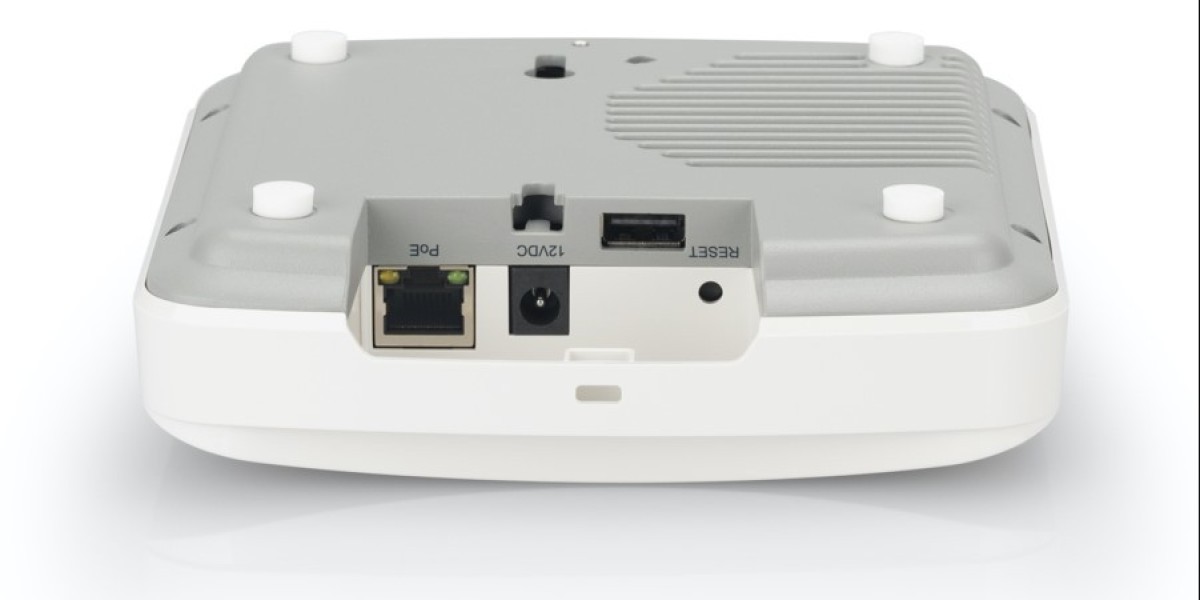Music and art play a powerful role in childhood development—especially for children who have faced trauma or hardship. These creative outlets allow children to express complex emotions that they may not yet have the words for. When a child paints a picture or learns a simple tune on an instrument, they're not just creating—they’re processing, healing, and growing.
At Compassion, creative programs are an essential part of helping children rise beyond their challenges. Through structured art and music activities, children are given safe spaces to express themselves, build self-confidence, and connect with others. For many, this is the first step toward emotional healing.
Art allows children to externalize their inner world. Instead of bottling up fear, grief, or confusion, they can channel those feelings into colors, shapes, or melodies. Music, on the other hand, helps regulate emotions and reduce stress. It’s soothing, uplifting, and can even improve focus and memory.
Beyond emotional healing, creative programs also boost long-term development. Children who engage regularly in the arts often show improvements in communication skills, cognitive function, and academic performance. They also develop empathy, teamwork, and a renewed sense of self-worth.
What Compassion does differently is treat creativity not as a luxury, but as a core part of child development. These aren’t just hobby classes—they’re life-changing interventions that help children discover who they are and who they can become.
In short, music and art aren’t just activities—they’re tools of transformation. For children recovering from trauma, they can be the beginning of a much brighter journey forward.








